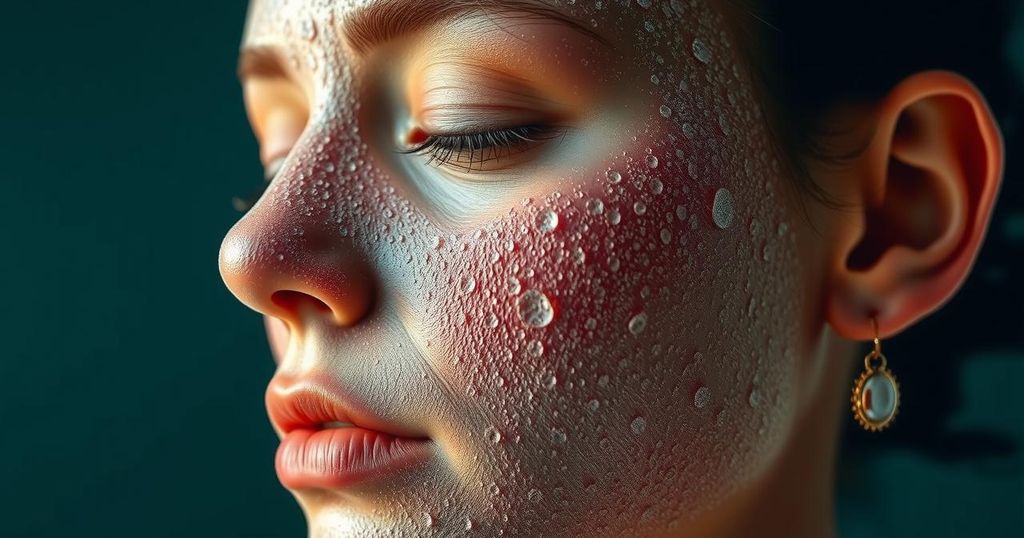Impact of Climate Change on Skin Aging: New Research Findings

A recent study by the IUF in collaboration with IIT Bombay found significant links between climate change and skin aging. Evaluating 1,510 women in India, researchers discovered that higher heat indices correlate with increased pigmentation and wrinkles, independent of age and other environmental variables. This research highlights the urgent need to explore the mechanisms behind accelerated skin aging due to rising temperatures and humidity, aiming to develop protective skin strategies in the face of climate change.
Climate change is increasingly recognized for its diverse effects on human health, including skin health, which remains relatively under-researched. A groundbreaking epidemiological study led by scientists from the IUF – Leibniz Research Institute for Environmental Medicine has revealed significant connections between climate factors such as temperature and humidity and skin aging. Conducted among 1,510 women across three Indian cities, this study utilized a comprehensive scoring system to evaluate skin aging signs such as pigmentation and wrinkles.
In collaboration with researchers from the Indian Institute of Technology Bombay, the study collected data spanning five years, which included assessments of ambient temperature, relative humidity, UV radiation, and air pollution. Employing an ordinal multivariate logistic regression model, the findings clearly indicated that increased heat index correlates with aggravated skin aging, independent of participant age and other environmental factors.
The study highlights the importance of understanding how extreme heat events exacerbate skin aging through biological processes previously indicated in mechanistic studies. Researchers emphasize the need for ongoing investigations to uncover the specific mechanisms behind these changes and to explore potential protective strategies for skin health in response to climate change.
The relationship between climate change and human health is gaining recognition, particularly regarding how environmental factors affect skin health. Skin is the body’s first line of contact with the environment, making it susceptible to changes due to climate fluctuations. Prior to this study, there had been little empirical evidence linking climate change directly with skin aging. This research targets a significant gap in scientific literature, particularly highlighting the effects of high temperatures and humidity on skin aging mechanisms that are biologically influenced by these environmental stresses.
In summary, the study conducted by the IUF marks a pivotal step in understanding how climate change specifically impacts skin aging. The documented increase in signs of skin aging among women in India correlates directly with rising heat indices, underscoring the need for further research into protective measures. The findings underline a crucial link between environmental factors and public health, advocating for a broader focus on dermatological impacts when considering climate change implications.
Original Source: idw-online.de







